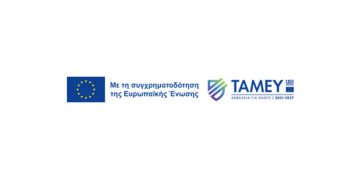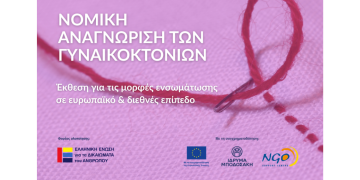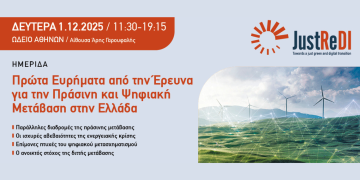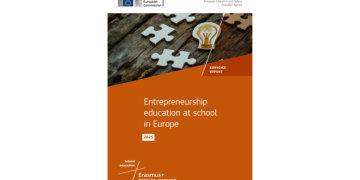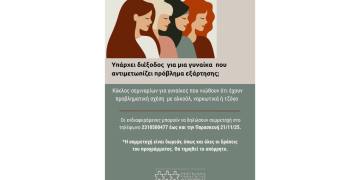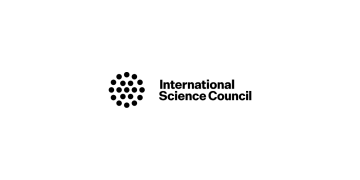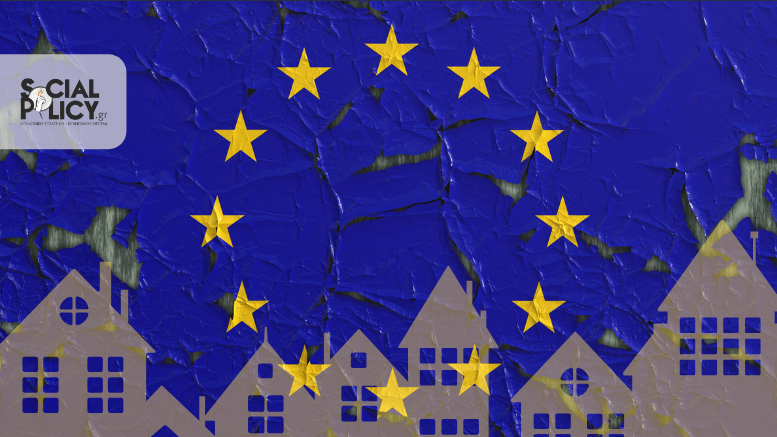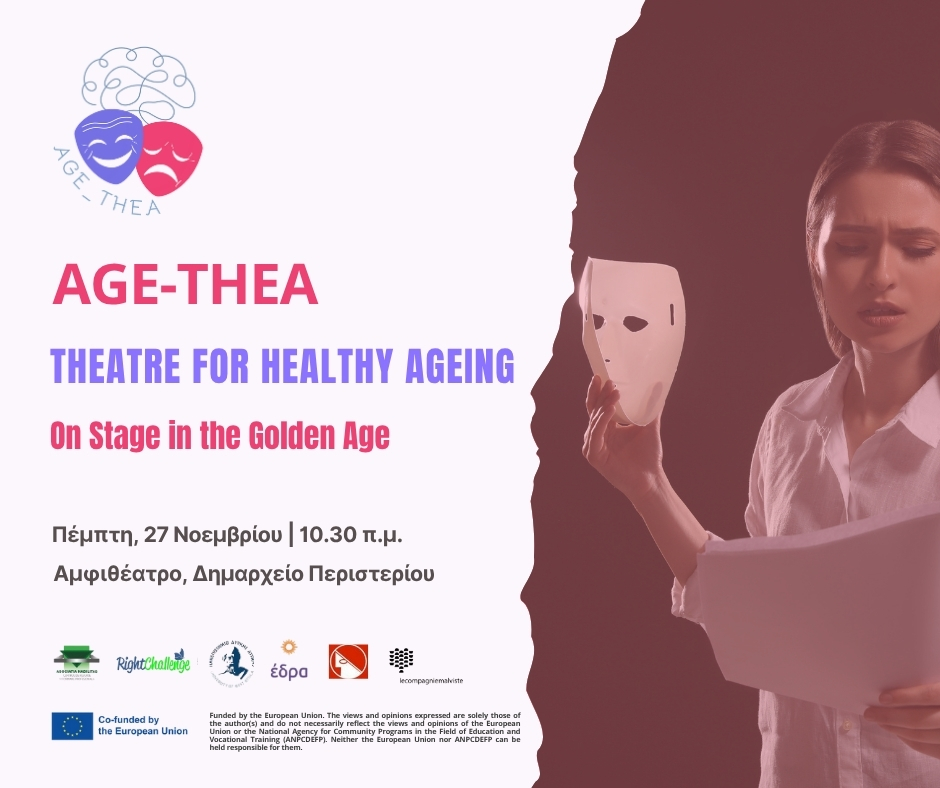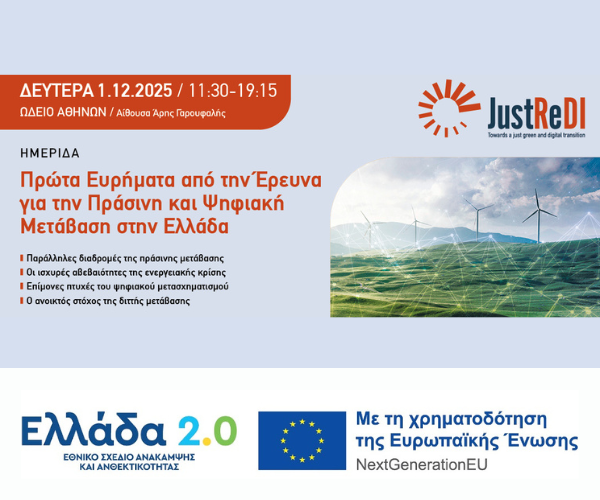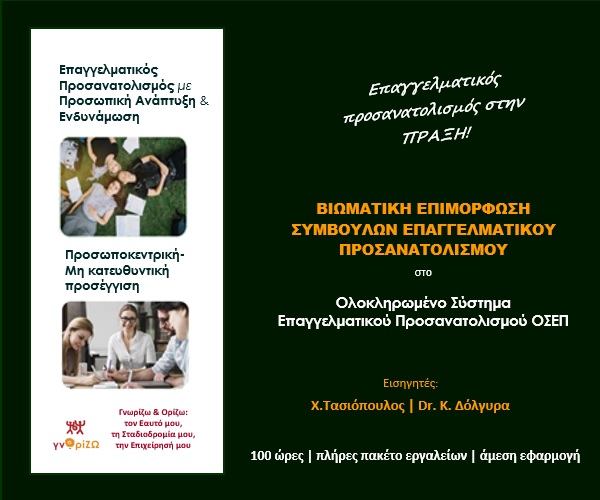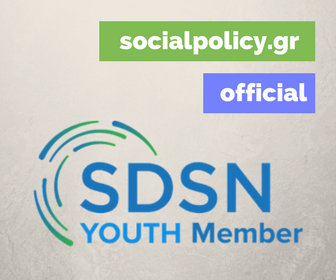As a result of the long-term focus on the situation of Roma women, at its December plenary session the European Economic and Social Committee (EESC) adopted an exploratory opinion in which it called for a major push to implement policies in their favour. The opinion highlights specific problems for Roma women in a number of areas and proposes stringent measures, for instance stipulating that Member States which fail to reduce segregation of Roma children in schools should have EU funds withdrawn.
Too many Roma women and girls still face unfair challenges when exercising their rights within their own community as well as in all sectors of society. They fare far worse than Roma men when it comes to education, employment, housing and access to healthcare. Rising discrimination and an inefficient integration system mean that Roma women are still the most vulnerable minority group in the EU.
According to the EESC, too little progress has yet been achieved. “This discrimination is systemically harmful to democracy, the rule of law and fundamental rights, radically weakening the European ideal,” said Ákos Topolánszky, rapporteur for the opinion.
The EESC supports the EU framework strategy’s objectives along with the geographical extension and implementation of JUSTROM by the European Commission; nonetheless, it recommends improvements in specific areas.
Education as a neutraliser of segregation
It is imperative that school segregation is brought to an end without delay, ensuring that Roma girls also have access to all aspects of high-quality state education. The EESC proposes to withdraw European funds for countries where school segregation is not reduced or even increases.
Ensuring healthcare
The EESC says it expects the Member States to prioritise the eradication of health practices that infringe service standards meeting reasonable ethical requirements and the relevant legislation. It also suggests addressing the issue from a social perspective, and points out that healthcare mediators, health information points, training and public health initiatives may play a key role in reaching out to those living in ghettoised communities.
Member States should do everything in their power to classify illegal practices such as forced sterilisation, denial of healthcare on the grounds of ethnic origin or lower-quality services as criminal offences. Equal treatment and healthcare should be guaranteed for people living in segregated situations.
Opening up the labour market to fight social exclusion
If we all agree that women have the right to be ambitious, then this must not exclude Roma women who are entitled to the same opportunities. Gender equality is a key value of the labour market, and this applies even more to the Roma communities. For instance, with regard to community projects and business start-ups, the EESC recommends specific measures to be taken not only to empower Roma women, but also to support their initiatives. The opinion underlines that so far, no Member State has come up with a specific policy to support Roma women and calls for them to step up their commitment.
Discriminatory forms of employment should be abolished immediately and structured policies implemented so as to increase Roma women’s chances of finding jobs as well as balancing work and family life. In addition, vocational training and micro-credit programmes are expected to be provided to facilitate the economic empowerment of Roma women and combat social exclusion.
More legal protection
The opinion draws attention to the violence to which Roma women are subject from both society in general and their own community. Hate crimes, human trafficking and exploitation are all serious criminal offences to which Roma women and children are exposed. For this reason, ensuring easy access to free legal protection in these cases is more important than ever. The EESC stresses in particular that forced marriages should be ranked alongside human trafficking in national and international law. It states that victims of forced child marriages are entitled to benefit from the same prevention and protection tools used to combat human trafficking.
The EESC recommends stronger collaboration with independent and credible Roma community organisations, with a view to drawing up white papers cataloguing systematic infringements of Roma women’s rights. Structured dialogue is now crucial for the implementation of better and efficient policies. The EESC suggests that specific legal institutions be established in order to fill the gap created by the underrepresentation of Roma women, such as women’s committees within national Roma platforms or an independent ombudsman for Roma women.
Addressing the situation of Roma women, especially with a view to post-2020, is a key duty and obligation for European democracies. The EESC calls on Member States to make this a priority as it clearly states in the opinion that “to promote their empowerment is not only an obligation for the institutions and Member States of the EU, but is also a litmus test of the quality of their democratic structures and the maturity of the rule of law in them.”
Source: European Economic and Social Committee
Discover more from socialpolicy.gr
Subscribe to get the latest posts sent to your email.


